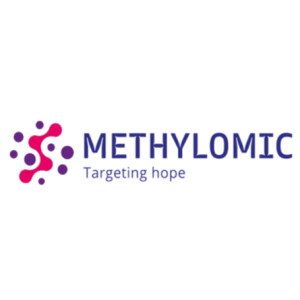 \
&
Contact us
\
&
Contact us
 \
&
Contact us
\
&
Contact us
Partnership website: https://research-and-innovation.ec.europa.eu/funding/funding-opportunities/funding-programmes-and-open-calls/horizon-europe/european-partnerships-horizon-europe/health_en
The Covid-19 pandemic revealed the need for better coordinated EU action to respond to health emergencies. This partnership aims to improve the EU’s preparedness to predict, prevent and respond to emerging infectious health threats by better coordinating funding for research and innovation at EU, national (and regional) level towards jointly agreed objectives and an agreed strategic research and innovation agenda (SRIA). The partnership will contribute to building a coherent European Research Area (ERA) enabling Member States and the European Commission to rapidly and jointly support research and innovation in pandemic preparedness.
The Coordination and Support Action (CSA) 'Be Ready' started on 1 June 2022 and is laying the preparatory groundwork for the future European Partnership for pandemic preparedness. The partnership proposal needs to be submitted in November 2024 under call topic HORIZON-HLTH-2024-DISEASE-12-01 (European partnership for pandemic preparedness).
More information on the BE READY website Home | BeReady (beready4pandemics.eu) & in the Partnership proposal
Contact
BE READY project coordinator: information@anrs.fr
Commission services: RTD-COMBATTING-DISEASES@ec.europa.eu
Partnerships group the EC and private and/or public partners, to coordinate and streamline the research & innovation initiatives and funding in some selected key domains.

The METHYLOMIC project, ‘targeting hope for personalised medicine in immune-mediated inflammatory diseases’ obtained funding from Horizon Europe’s Health Cluster. The project aims to personalise treatment allocation and enhance the effectiveness of medications for chronic immune-mediated diseases such as Crohn’s disease, rheumatoid arthritis, and psoriasis. BIRD, the Belgian inflammatory bowel disease research and development group, is a partner in the project and is involved in the OmiCrohn trial, a prospective randomised clinical trial for individualised therapy in Crohn’s disease patients. With BIRD’s active role in this trial, the project is set to deliver predictive, biomarker-based therapies that bring renewed hope for Crohn’s disease patients across Europe.